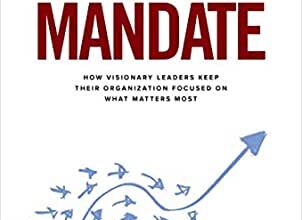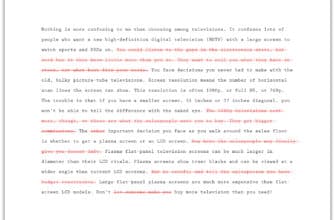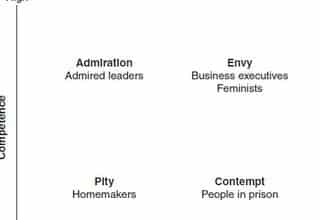My sister recently gave me Howard Stern’s new book, Howard Stern Comes Again. There was no occasion; we’ve always bonded over his show and she wanted to share the reading experience. Very sweet.
Stern’s book is a collection of his favorite interviews with some autobiographical introspection on how the conversations affected him through his personal and professional life. Besides his self-reflection on the many ways he’s grown over the years, I was fascinated with his attitude towards work.
In writing the book, Stern complained about having to do work. If you listen to his radio show, this is not uncommon. He has a diametrically opposing compulsion to produce a quality product, while also craving the desire to relax—the compulsion wins out as the unattainable craving fuels his angst.
Being the King of All Media is much more than a self-proclaimed title; it is an accurate depiction of all Stern has accomplished. While leading all other radio programs for over 40 years, he has also topped the charts in movies, books, and television. Whether or not you are a fan, this track record of success is undeniable. So what can we learn from Howard Stern to enhance our leadership?
In the introduction to his book, Stern writes:
“Nothing is casual. Everything requires work, research and thought. Agonizing. Take it seriously. Don’t leave it up to someone else, and don’t phone it in. There is no such thing as a shortcut if you are going to turn in good work…”
This is coming from someone whose career has long ago plateaued at the upper echelon of his industry. Someone who could delegate away all the heavy lifting. Someone who continues to spend hours preparing for interviews. Yet, when presented with a “finished” draft of his book that, as he admits, was fine, Stern rewrote the entire manuscript because he was dissatisfied with just being fine.
Stern blames this high bar of perfection on his OCD, but deflecting his work ethic minimizes the mindset of a champion. The greats don’t “phone it in,” “rest on their laurels,” or “coast”; they push every day to earn the title of being one of the greats. That’s the difference between a one-hit wonder and someone with a long-standing career.
Those who consistently strive to outperform all others have developed patterns and habits in their profession that they continue to carry on. After all, can you strive for perfection throughout your career and then turn it off once you’ve achieved your goals? More likely, this central characteristic has become baked into your being.
While Stern was discussing his attitude towards work, there was one part that stood out as disputable:
“…If I ever enjoy the process, I know I have somehow produced something worthless.”
I understand the turmoil Stern feels, but does quality work have to make you feel so miserable? Sure, there are moments where work feels like work, but should unhappiness be the prevailing sentiment? Upon hearing this, my initial reaction is that life is too short, but then I think about the research differentiating happiness and satisfaction.
Daniel Kahneman, cognitive psychologist and Nobel Prize winner, conducted extensivestudies measuring everyday happiness. He found that happiness is a momentary, fleeting experience, while satisfaction is built up over time and based on achieving goals. With this distinction, Stern may not feel happiness, but he does experience satisfaction. And this seems like a more substantive objective.
So we have a ‘what to do’ and (possibly) a ‘what not to do’ from Howard Stern. The ‘to do’ is retain the work habits you developed early in your tenure when you were hungry and still clawing your way up the chain. The ‘not to do’ is embrace despair as the key to success or cling to the empty quest for happiness. Instead, find the morsels of satisfaction that can propel you to endure your arduous work habits.








